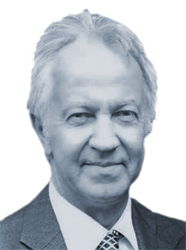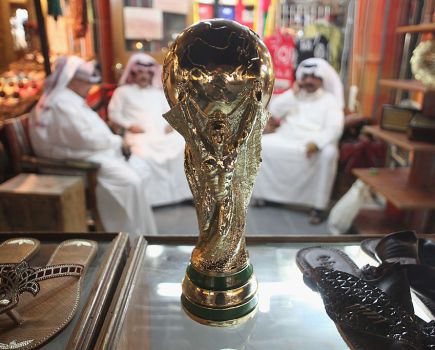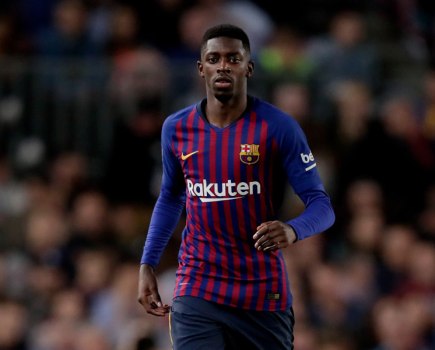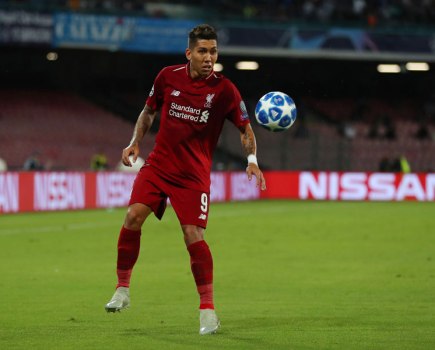 Organising a World Cup is a complex business. Controversy appears to be an essential partner in the business. FIFA has had to deal with enormous fall-out from the strategy of taking the finals into the sport’s brave new world.
Organising a World Cup is a complex business. Controversy appears to be an essential partner in the business. FIFA has had to deal with enormous fall-out from the strategy of taking the finals into the sport’s brave new world.
Germany 2006 will be seen as the last time in decades that the ‘old’ system of awarding a World Cup and handing it over to the host nation was implemented.
Since then we have had South Africa 2010 where the nation’s own capability took a far greater focus than the football; in 2014 the finals go to Brazil where the local organisers appear more intent on creating problems than removing them; and 2022, the last of the present cycle, takes the World Cup into the Middle East for the first time with Qatar and all the fun of the fair over air-cooled stadia, summer temperatures etc.
Amid all of this Russia is having the easiest ride imaginable.
Remember Russia? That was the country which won the right to play host in 2018; the government – from Vladimir Putin down – which put more and effort into their bid than all of their rivals put together (for the record: Holland/Belgium, England and Spain/Portugal).
In its own way this is hilarious. In different circumstances taking the World Cup to this most geographically gigantic land mass would have been assailed with long-continuing expressions of shock and horror. But one of the great ironies of international football politics is the Russians and FIFA have a symbiotic understanding of the wielding of political power.
Certainly a better understanding than the Brazilians – though it will be fascinating to see how the Russians react to FIFA the closer we all come to 2018 and the more insistent become the world federation’s orders.
The demands on a host to accept orders without demur have been set out most recently – and illustratively – by FIFA’s head of security, Chris Eaton.
Addressing the Aspire4Sport conference in Doha he cautioned all future World Cup host nations: “Thee months before a World Cup FIFA descends in earnest and your country is held hostage by FIFA for five months . . . but it’s your choice to host a World Cup and that is what comes with the hosting.”
Eaton also noted that the demands of a World Cup also often come as a surprise to host nations and it was essential for a host to make as much use as possible of the Confederations Cup warm-up a year earlier.
He said: “Brazil should have been planning not for 2014 but for 2013. Qatar is not planning for 2022 but 2021 because the first major event is the year before which is where all the wrinkles are ironed out.”
One of the essential factors was safety and security and FIFA’s policy of wanting to rely on stewards not on police to maintain a peaceful ambience within a stadium.
Eaton said: “It is about high capability and low visibility. That’s why we encourage stewards rather than police in the stadia. In Brazil you see police in the grounds armed to the teeth and this is not what FIFA likes or wants or looks good for the country on TV.”
One other issue concerning Eaton about preparations for a World Cup – with 2014 just around the corner – centred on the standards of sponsor hospitality.
He said: “In South Africa in 2010 a lot of sponsors were severely disappointed by the quality of the hospitality and private security. So security training should extend to general security at hotels and hospitality sites for the major sponsors who invest an enormous amount in your country.
“For example, Visa intends to bring in 100,000 guests to Brazil. A host nation owes it to them – in Brazil for example – to provide private security who are prepared and capable and not last-minute and incapable.”
All the signs are that Russia, whatever else Putin & Co bring to the World Cup table, will be anything but last-minute. FIFA secretary-general Jerome Valcke has already praised the manner in which they have set about the task.
The Russians are coming . . . quietly.
By Keir Radnedge






